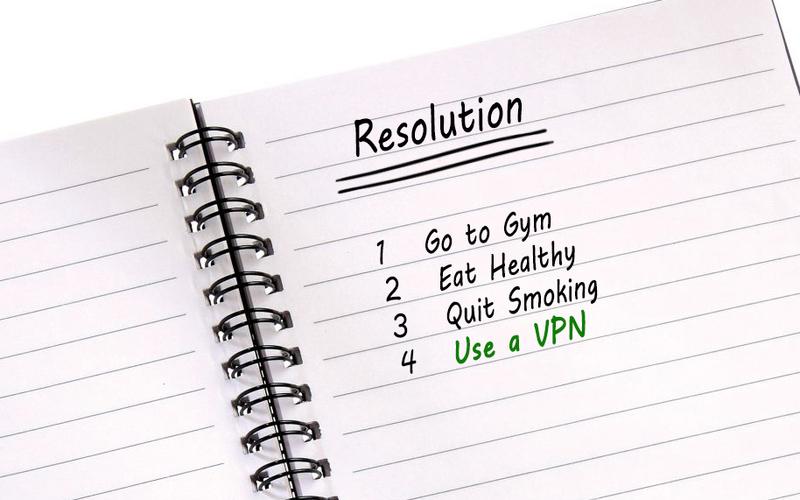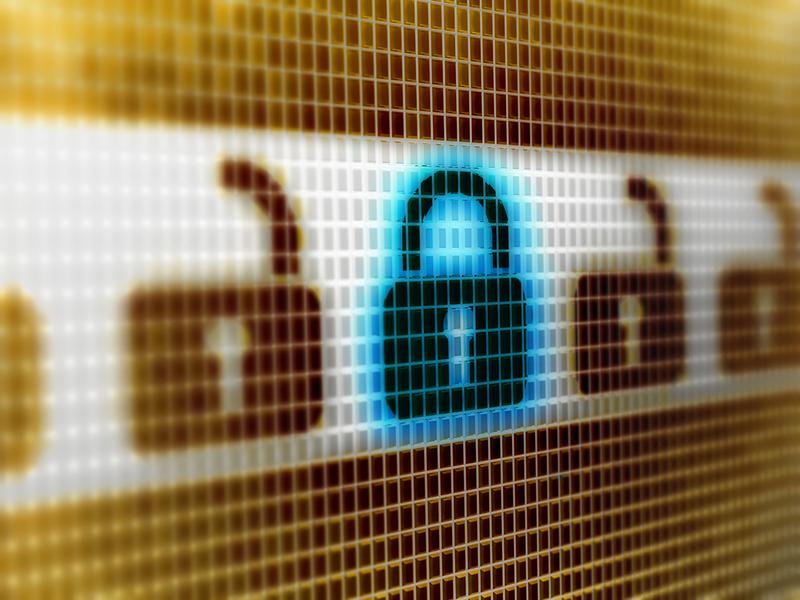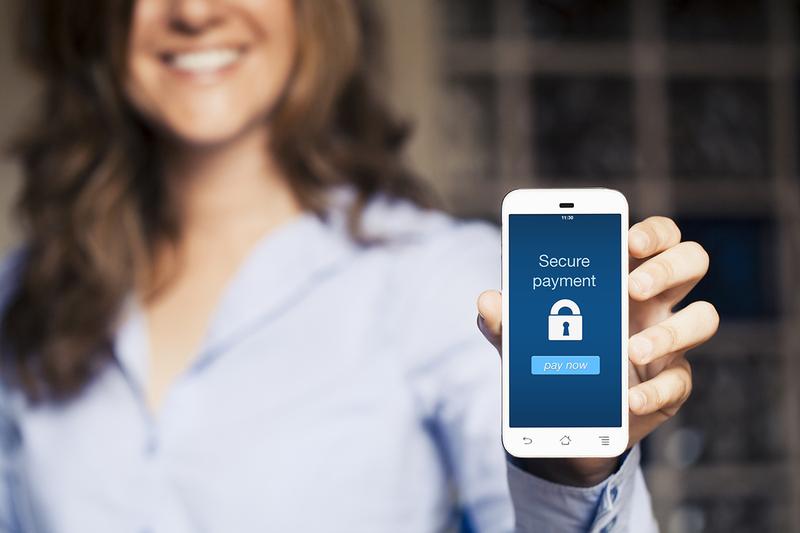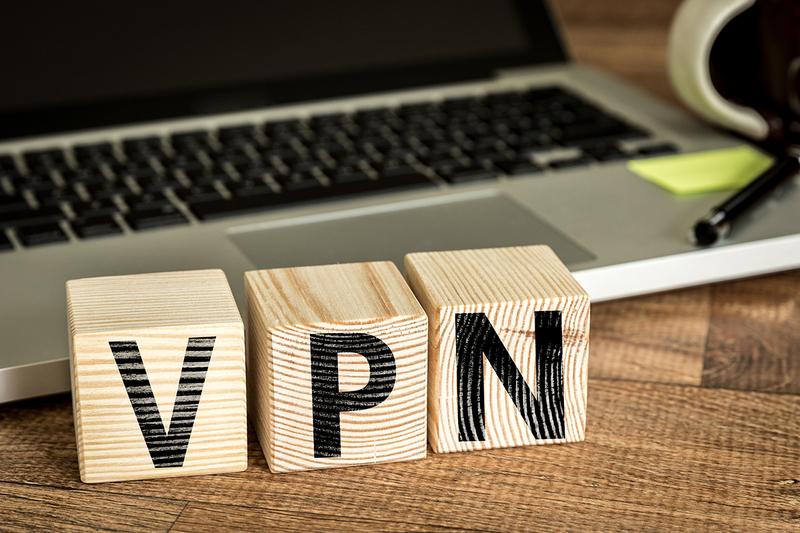5 Strategies to Make Better Cyber Security Your New Years Resolution in 2016

2015 is officially winding down, and people are starting to make their New Year's resolutions. Making resolutions is easy, especially right after the Christmas orgy of eating, drinking, and shopping. It's keeping those resolutions going in the year ahead that's tough. Along with eating better and exercising more, one resolution I hope you'll also make for 2016 is to beef up your cyber security. And since you're reading this right now, you're probably thinking about using a VPN service. That's an excellent choice. Using VPN makes you safer from fraud and protects your privacy while you're online.
But better cyber security is about more than just technology. It's also about better information management. So let's take a look at five integrated strategies you can use in 2016 to make better cyber security a New Year's resolution you'll actually keep.
How to Make Your Cyber Security Better in 2016 with These 5 Strategies
1) Practice good password management. – This is one of the most important items on this list. Using truly random passwords that are difficult to crack is your first line of defense in order to properly manage your personal information. A 2013 study by Verizon found that weak login credentials were the top cause of data breaches the previous year. You can easily protect yourself against weak passwords by using password management software. There are many choices available; I personally use KeePass for my computer and phone. Password software generates strong, unique passwords for all the services you use, like Facebook, email, online banking, etc. You also don't have to remember passwords anymore, because you use the software whenever you need to login.
2) Enable 2-step verification. – 2-step verification protects you by requiring you to provide two unique pieces of identifying information that are attached to your online profiles. It involves the standard user name/password credential combined with a one-time security code that's sent to your phone when you login. The idea is that even if someone cracks your password, they still won't be able gain access to your account, because they won't have the security code from your phone. Strong passwords AND 2-step verification form a strong first line of defense for better cyber security. Lots of online services now offer 2-step verification.
3) Use a VPN service. – VPN stands for Virtual Private Network. It's a technology that does two main things: allows your computer to assume the online identity of another computer, and encrypts all the data that flows between that computer and your actual computer. VPN is great for remaining anonymous on the Internet. That's because it lets all your online activities appear as if they're performed by a computer far from your real location, often a server in a different country. VPN's encryption makes it difficult to trace any actions back to you personally. VPN is also useful for unlocking content and services that are normally restricted to a particular country or region.
4) Be cautious when using public Internet connections. – It seems like there's free WIFI Internet everywhere these days. Practically every cafe, bar, restaurant, and hotel has it. Even the place where I get the oil changed in my car has WIFI now, which I find unbelievable. And while it's convenient, public WIFI comes with major cyber security problems, because they're open, unsecured networks. They're great places to get hacked, get your identity stolen, or get infected with viruses and other malware. Actually, VPN is one of the best ways to protect yourself on public WIFI. Secure VPN has software that will secure both your phone and your computer. 37% of Internet users connect via public WIFI at least once a month. If you're one of them, and you don't use VPN, try not to use any service that's particularly sensitive when you're connected. A good example is online banking. Never expose bank account or credit card information over an unsecured connection like free WIFI.
5) Don't overshare personal information on social media sites. – We share everything on social media – our marital status, the names of our kids, family members, our hobbies, and who we work for. Social media is built for sharing ourselves with the world. Unfortunately, cyber criminals scan our social media profiles for personal information they can use against us in targeted scams. Think before you publish anything personal on social media that could potentially be used against you. Does the general public really need to know where you went to school? Also make sure to learn about and use social media privacy settings to compartmentalize who gets to see what.
You don't have to use every strategy on this list in order to make your cyber security better in 2016. Just working on password management would be a huge step in the right direction. Remember that cyber security is ultimately not about technology. It's about learning and practicing good data management habits that are supported by technology. Here's wishing you a safe, happy, and prosperous New Year in 2016.



